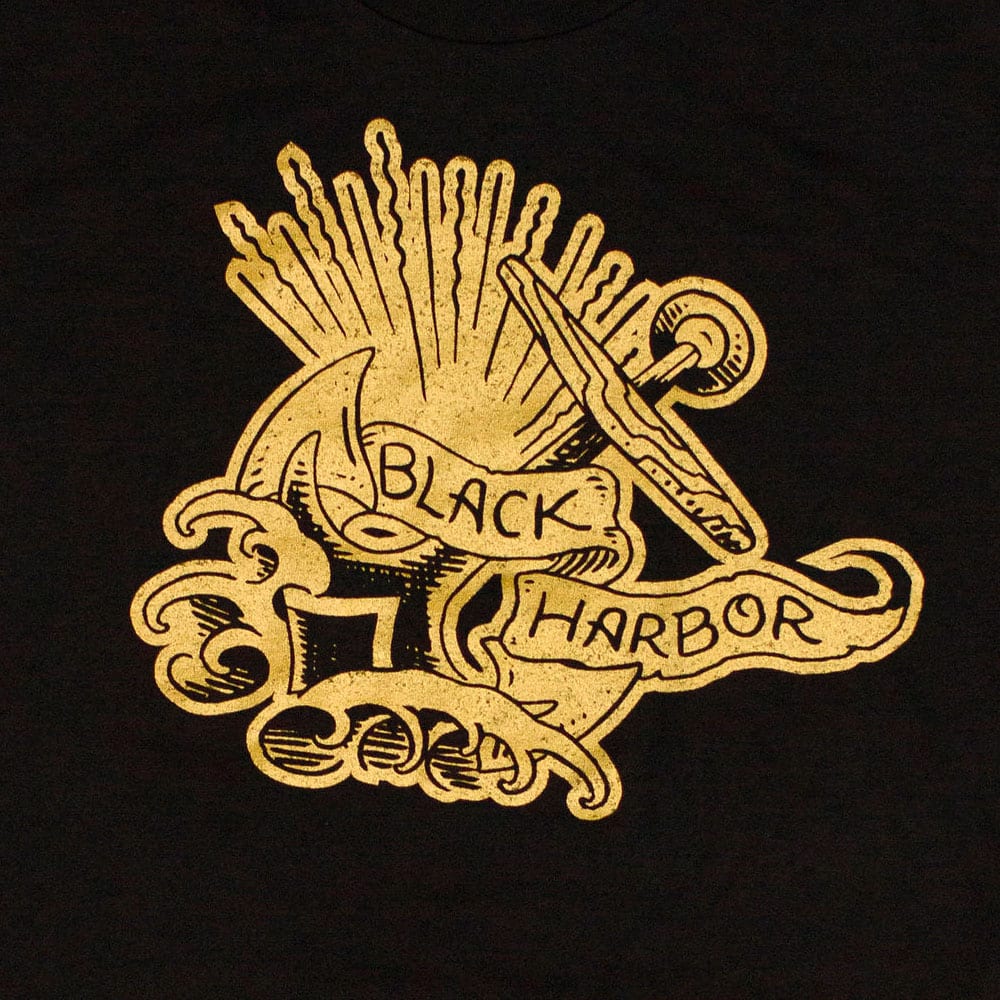Tupac Shakur: The Revolutionary Poet of Hip-Hop
 Introduction
Introduction
Tupac Amaru Shakur, widely known by his stage name 2Pac, remains an iconic figure in hip-hop culture and beyond. Despite his brief career, his profound lyrics, charismatic persona, and relentless advocacy for social justice left an indelible mark on music and society. This article delves into the life, legacy, and lasting influence of Tupac Shakur, a revolutionary poet who continues to inspire generations.
Early Life and Influences
Born on June 16, 1971, in East Harlem, New York, Tupac’s upbringing was steeped in political activism and cultural awareness. His mother, Afeni Shakur, was a member of the Black Panther Party, and her revolutionary spirit profoundly influenced Tupac poster‘s worldview. The family relocated to Baltimore, where Tupac attended the Baltimore School for the Arts. Here, he studied acting, poetry, and jazz, showcasing his multifaceted talents and laying the groundwork for his future career.
Rise to Stardom
Tupac hip hop poster‘s entry into the music industry began with his involvement in the hip-hop group Digital Underground. His debut solo album, *2Pacalypse Now*, released in 1991, quickly garnered attention for its raw and unapologetic commentary on social issues. Tracks like “Brenda’s Got a Baby” and “Trapped” highlighted his ability to weave compelling narratives about the struggles faced by African Americans, particularly young black men.
Musical Achievements
Tupac’s discography is a testament to his versatility and depth as an artist. His third album, *Me Against the World* (1995), is often hailed as one of the greatest hip-hop albums of all time. It featured hits like “Dear Mama,” a heartfelt tribute to his mother, and “So Many Tears,” which reflected his personal struggles and existential musings.
*All Eyez on Me* (1996), his first double album, solidified his status as a hip-hop legend. The album included iconic tracks such as “California Love,” a collaboration with Dr. Dre, and “How Do U Want It.” His lyrics ranged from introspective reflections to exuberant celebrations of life, showcasing his ability to connect with a wide audience.
Cultural Impact and Activism
Beyond his music, Tupac was a vocal advocate for social justice. He used his platform to address systemic issues such as racism, police brutality, and economic inequality. His willingness to speak out against these injustices resonated deeply with his fans and positioned him as a spokesperson for the disenfranchised.
Tupac’s activism extended into his personal life as well. He established the “Thug Life” code, a set of principles intended to guide young men living in tough neighborhoods. Despite the often-misunderstood nature of this initiative, it underscored Tupac’s commitment to fostering resilience and community solidarity.
Acting Career
In addition to his music, Tupac was a talented actor. His filmography includes notable performances in movies like *Juice* (1992), where he played the troubled teen Bishop, and *Poetic Justice* (1993), where he starred alongside Janet Jackson. These roles showcased his range and further cemented his status as a cultural icon.
Tragic End and Lasting Legacy
Tupac’s life was tragically cut short on September 13, 1996, when he succumbed to gunshot wounds sustained in a drive-by shooting in Las Vegas. His murder remains unsolved, fueling countless conspiracy theories and adding to the enigmatic aura surrounding his legacy.
Despite his untimely death, Tupac’s influence endures. He has sold over 75 million records worldwide, and his music continues to inspire and resonate with listeners. Contemporary artists frequently cite him as an influence, and his songs remain staples in the hip-hop canon.
Conclusion
 Tupac Shakur was more than just a rapper; he was a poet, activist, and cultural icon whose work transcended the boundaries of music. His fearless exploration of social issues, combined with his profound artistic talent, has ensured that his legacy endures. As we reflect on his contributions, it is clear that Tupac poster‘s voice continues to echo through the annals of music history, inspiring future generations to speak their truths and fight for justice.
Tupac Shakur was more than just a rapper; he was a poet, activist, and cultural icon whose work transcended the boundaries of music. His fearless exploration of social issues, combined with his profound artistic talent, has ensured that his legacy endures. As we reflect on his contributions, it is clear that Tupac poster‘s voice continues to echo through the annals of music history, inspiring future generations to speak their truths and fight for justice.
